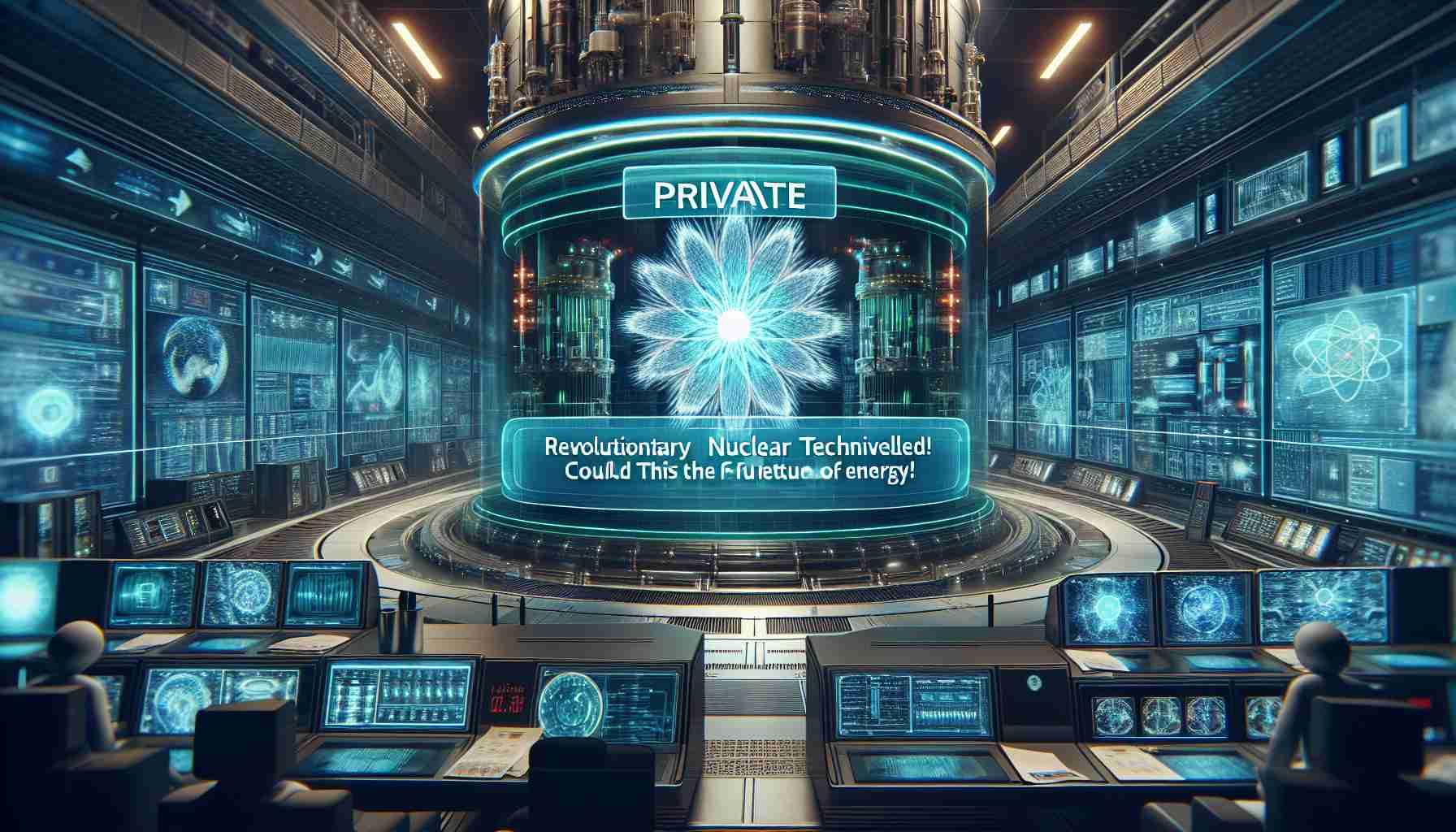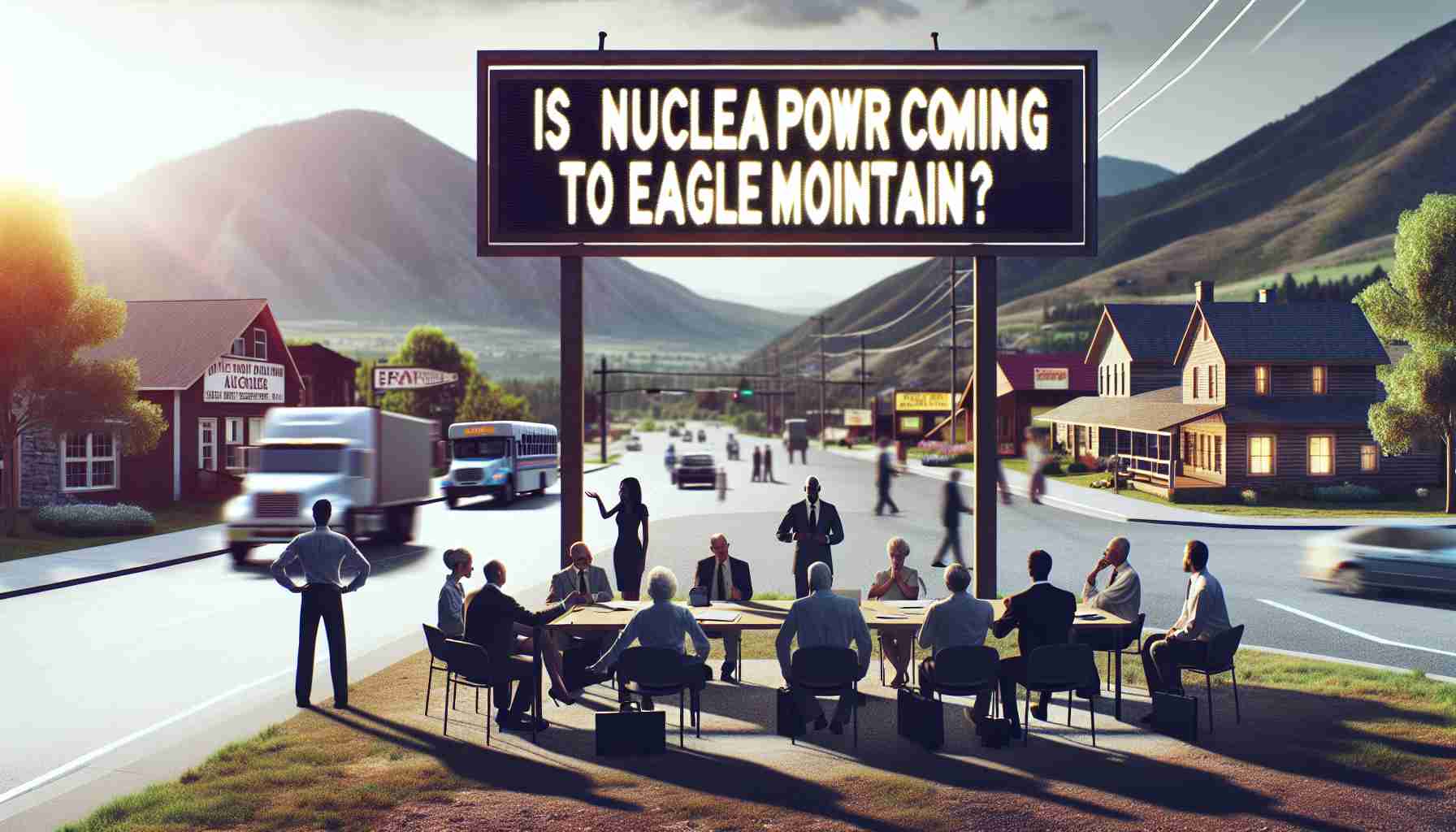Texas Leaders Challenge Nuclear Waste Licensing
In a pivotal move, Senator Ted Cruz of Texas is spearheading a bipartisan effort urging the Supreme Court to affirm a ruling that halts nuclear waste from being stored in Texas. Joined by Senator John Cornyn and Representative Jodey Arrington, Cruz is advocating for the court to maintain that the Nuclear Regulatory Commission (NRC) does not have the jurisdiction to authorize these storage sites.
These Texas officials express deep concerns about the proposed nuclear waste facilities threatening the security and economic stability of the nation. The ongoing case, NRC v. Texas, will test whether the NRC can issue licenses as stipulated by the Atomic Energy Act and the Nuclear Waste Policy Act.
The Supreme Court agreed to review the case after the Biden administration contested a Fifth Circuit Court decision that challenged the NRC’s licensing power. The controversy began with plans from Interim Storage Partners to set up a waste facility in Andrews County, which has ignited strong opposition due to its proximity to the economically vital Permian Basin.
Cruz and Arrington emphasize the risks of positioning such facilities in a critical energy region, arguing it could turn the area into a target for adversaries. Additionally, they assert that local communities should have a say in decisions impacting their safety and environment rather than faceless officials from Washington. As the Supreme Court prepares to hear arguments in March, the stakes could shape the future of energy security in Texas.
Wider Implications of the Texas Nuclear Waste Battle
The legal showdown over nuclear waste licensing in Texas not only underscores regional concerns but also heralds broader societal and economic implications. As a state significantly involved in both conventional oil production and renewable energy initiatives, Texas stands at a crossroads. The outcome of the Supreme Court case, NRC v. Texas, could dictate how nuclear energy fits into the state’s comprehensive energy strategy, thus affecting national energy policy and the global economy.
Should nuclear waste facilities proliferate in Texas, the impact on the local economy and environment could be profound. There are concerns about possible contamination of land and water sources in a state already battling environmental issues. Furthermore, the presence of such facilities in economically vital regions like the Permian Basin would not only raise fears about environmental degradation but could also shift investor confidence away from one of the nation’s top energy-producing areas.
Socially, this debate resonates deeply within the Texas community, prompting discussions about local governance versus federal authority in decision-making processes involving collective safety. As communities grapple with the implications, we may witness a strengthened demand for transparency and increased participation in energy policy decisions, setting a precedent for other states grappling with similar concerns.
Ultimately, the Supreme Court’s ruling could either reinforce stringent regulatory controls on nuclear waste or pave the way for broader acceptance of nuclear energy solutions, consequently transforming the energy landscape for decades to come.
Texas Senate Unites Against Nuclear Waste: Implications for Energy Security
Overview of the Legal Battle
In an escalating legal showdown, Texas congressional leaders, led by Senator Ted Cruz, are pushing for the Supreme Court to affirm a crucial ruling that halts the storage of nuclear waste in the state. This case, known as NRC v. Texas, is not only a significant event for Texas but could also set a precedent influencing nuclear waste storage across the nation.
Key Players Involved
– Senator Ted Cruz (R-TX): Leading the charge against nuclear waste storage.
– Senator John Cornyn (R-TX): Supporting the initiative to challenge NRC’s licensing authority.
– Representative Jodey Arrington (R-TX): Advocating for local communities to have a voice in nuclear waste decisions.
Current Status of the Case
The Supreme Court is set to review the case regarding whether the Nuclear Regulatory Commission (NRC) has the authority to issue licenses for nuclear waste storage under the Atomic Energy Act and the Nuclear Waste Policy Act. The Biden administration’s challenge to a Fifth Circuit Court decision, which questioned the NRC’s licensing power, has intensified the urgency of this case.
Local Concerns Over Nuclear Waste Facilities
The proposed site by Interim Storage Partners in Andrews County has faced significant backlash from local communities, primarily due to its proximity to the economically significant Permian Basin. Concerns include:
– Security Risks: Officials argue that placing nuclear waste facilities in a vital energy region could make the area a target for adversarial actions.
– Economic Implications: There is fear that the influx of nuclear waste could disrupt local economies and create additional liabilities for the state.
Community Impact and Sovereignty
Senators Cruz and Arrington emphasize the importance of local input in decisions affecting community safety and environmental health. They argue that decisions made far away in Washington, D.C., often overlook the concerns of those who live in the shadow of potential dangers posed by nuclear facilities.
What’s Next?
As the Supreme Court prepares to hear oral arguments in March, the implications of this case extend beyond Texas. A ruling in favor of the Texas leaders could reinforce states’ rights to oppose federal nuclear waste licensing and empower local communities nationwide. Conversely, a ruling supporting NRC’s authority might streamline nuclear waste storage processes, impacting energy policy on a broader scale.
Potential Outcomes and Predictions
– If the Supreme Court affirms the Fifth Circuit’s ruling: Texas could strengthen its regulatory framework around nuclear waste, potentially setting a precedent for other states with similar concerns.
– If the ruling favors the NRC: We may see accelerated development of nuclear waste facilities, possibly igniting further controversy and opposition in regions not previously considered for such projects.
Conclusion
The case of NRC v. Texas represents a critical moment not just for Texas, but for the future of nuclear waste management in the United States. The outcome could redefine how energy-related risks are managed at both local and national levels.
For more updates on energy policy and legal challenges, visit Department of Energy.
The source of the article is from the blog anexartiti.gr



